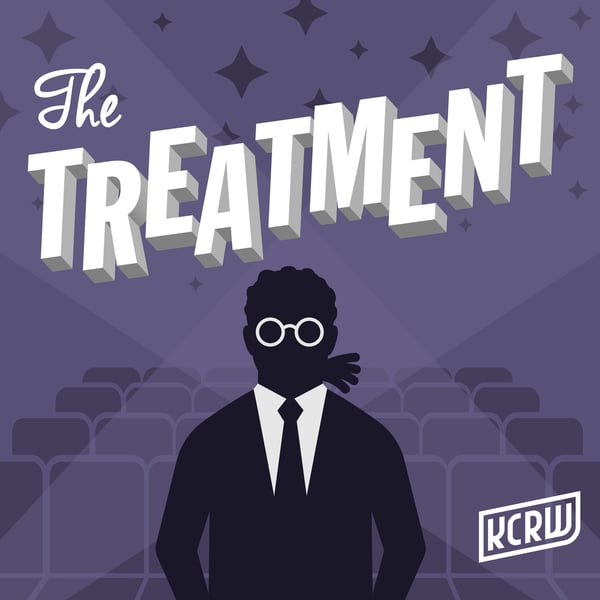Kate Winslet's Candid and Expansive Chat with Elvis
The Treatment
KCRW
4.6 • 639 Ratings
🗓️ 28 December 2024
⏱️ 52 minutes
🧾️ Download transcript
Summary
This week on The Treatment, Elvis welcomes Academy Award winning actress Kate Winslet for an extended conversation about the film Lee, which she produced and stars in. The film follows the complicated life of photojournalist Lee Miller who covered World War II for Vogue magazine. And for The Treat, 3 Body Problem star Jovan Adepo shares one of the saddest songs he’s ever heard… which he also considers to be one of the most beautiful.
Transcript
Click on a timestamp to play from that location
| 0:00.0 | From KCRW Santa Monica and KCRW.com, it's The Treatment. |
| 0:14.1 | It's The Treatment. |
| 0:15.3 | I'm Elvis Mitchell. |
| 0:16.1 | It's best not to waste your game in the locker room when you're talking to Kate Winslet. |
| 0:20.0 | She's, of course, a bopter winner, Golden Globe winner, and Oscar winner. Her newest project, clearly a project |
| 0:25.6 | of passion and love, is an adaptation. Lee, look at the life of the astonishing photojournalist, |
| 0:32.9 | and I think shaping force in the early part of the 20th century. talk about how you found the material on the life of Lee Miller, because it comes from Anthony Penrose's book, which we were talking before we got started. We wanted to do a whole show before we got started. Yeah, we did. But there's so much between the lines in that book. And it's a book that, forgive me, saying it felt very British. |
| 0:55.4 | There's so much stuff that wasn't said that he couldn't, didn't seem to be able to come |
| 0:58.8 | to grips with. |
| 0:59.7 | And I think the movie does such a great job of sort of juxtaposing these sensibilities. |
| 1:04.0 | Yeah. |
| 1:04.8 | So Anthony Penrose Lee's son, he has talked publicly and he's written about the tricky relationship he had with |
| 1:13.9 | his mother. She got pregnant just after the war. She was not expecting to get pregnant and she |
| 1:19.0 | was blindsided by acute PTSD and it made her a very tricky mother to be raised by. And because Anthony didn't know what |
| 1:32.8 | his mother had done during the war at all until after her death in 1977, the book was partly |
| 1:41.1 | his account of the facts and obviously displaying beautifully her images, |
| 1:48.9 | but also partly his way of piecing together what she had done, how she had gotten herself there, |
| 1:58.0 | the experiences she had had and the fear she had felt. But it was also |
| 2:03.3 | written partly as a way of him coming to terms with who she really had been. Because he just, |
| 2:11.5 | and he even said it the other day, I did a Q&A with him. And he said, after he found all the |
| 2:15.4 | material of her work after she had died, he just thought, |
| 2:18.7 | my God, I just thought she was a sort of abusive old drunk. And here were boxes in the attic of |
... |
Please login to see the full transcript.
Disclaimer: The podcast and artwork embedded on this page are from KCRW, and are the property of its owner and not affiliated with or endorsed by Tapesearch.
Generated transcripts are the property of KCRW and are distributed freely under the Fair Use doctrine. Transcripts generated by Tapesearch are not guaranteed to be accurate.
Copyright © Tapesearch 2025.

